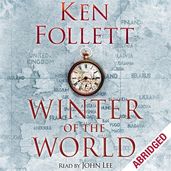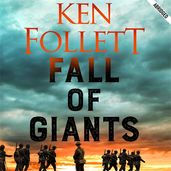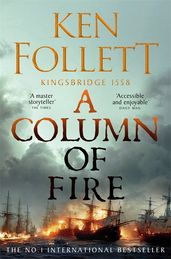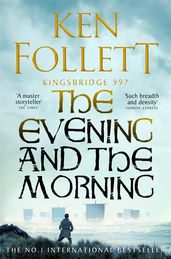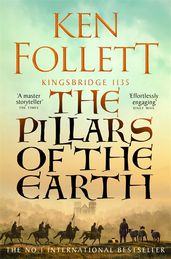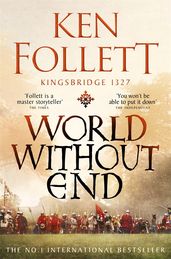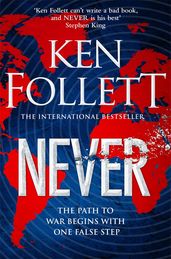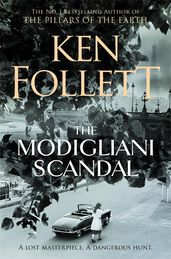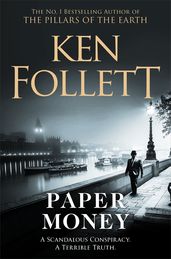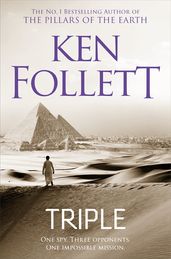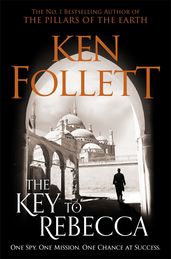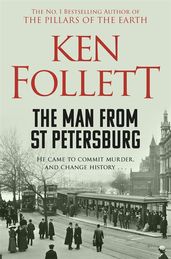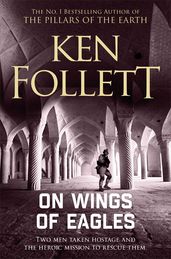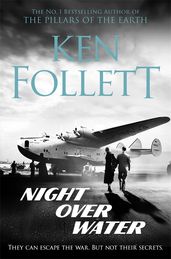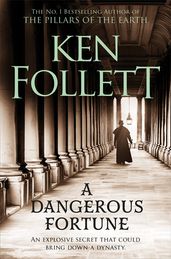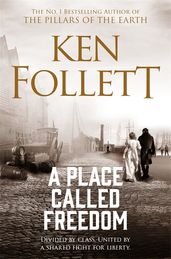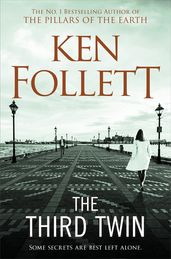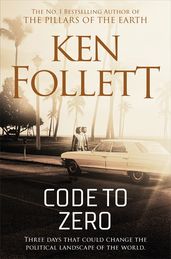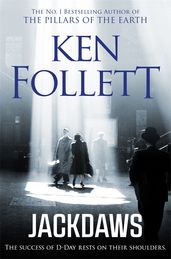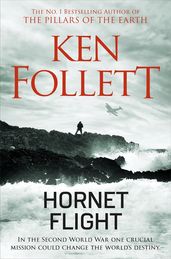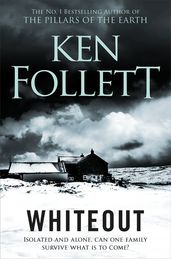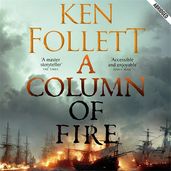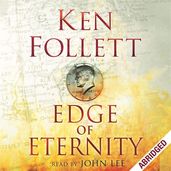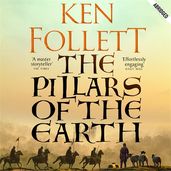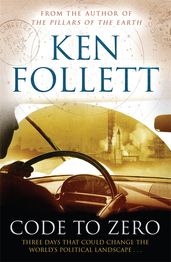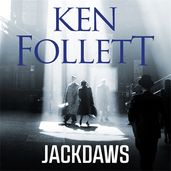Synopsis
Abridged edition, read by Dan Stevens (Legion, Downton Abbey)
The first in Ken Follett's breathtaking Century Trilogy, Fall of Giants is a captivating novel that follows five families through the world-shaking dramas of the First World War, the Russian Revolution, and the struggle for votes for women.
A World in Chaos
1911, a thirteen-year-old boy, Billy Williams, begins working down the mines as George V is crowned king. The escalating arms race between the empire nations will put not only the king but this young boy in grave danger.
A Terrible War
Billy’s family is inextricably linked with the Fitzherberts, the aristocratic owners of the coal mine where he works. And when Maud Fitzherbert falls in love with Walter von Ulrich, a spy at the German embassy in London, their destiny also becomes entangled with that of Gus Dewar, an ambitious young aide to Woodrow Wilson, and two orphaned Russian brothers whose plan to emigrate to America falls foul of conscription, revolution and imminent war.
A Revolution That Will Change Everything
When Russia convulses in bloody revolution and the Great War unfolds, the five families’ futures are entwined forever, love bringing them closer even as conflict takes them further apart. What seeds will be sown for further tragedy in the twentieth century and what role will each play in what is to come?
Continue the captivating Century Trilogy with Winter of the World and Edge of Eternity.
Details
Reviews
‘Few works set out with such a grand concept as Ken Follett’s new Century trilogy, but part one suggests that the series will be one of the literary masterpieces of our time . . . while grand events and themes are at the core of the novel, it is the richness of the characters and the intertwining of their often disparate stories that steal the show’ Sunday Times
‘He’s pulled it off again with Fall of Giants: it’s classic Follett with the brewing cataclysm of war given a human angle’ Sunday Express
‘This is hi-octane storytelling all the more powerful because the story it tells is, mostly, true. Follett’s command of the vast forces he unleashes is as impressive as the battle strategies of his generals, and in many cases more so . . . overall Follett is masterly in conveying so much drama and historical information so vividly’ Scotsman
‘The master storyteller Ken Follett knits together British, American, German and Russian points of view from the start to the end of the First World War into a fascinating and remarkably fertile tapestry of society and politics’ The Times



